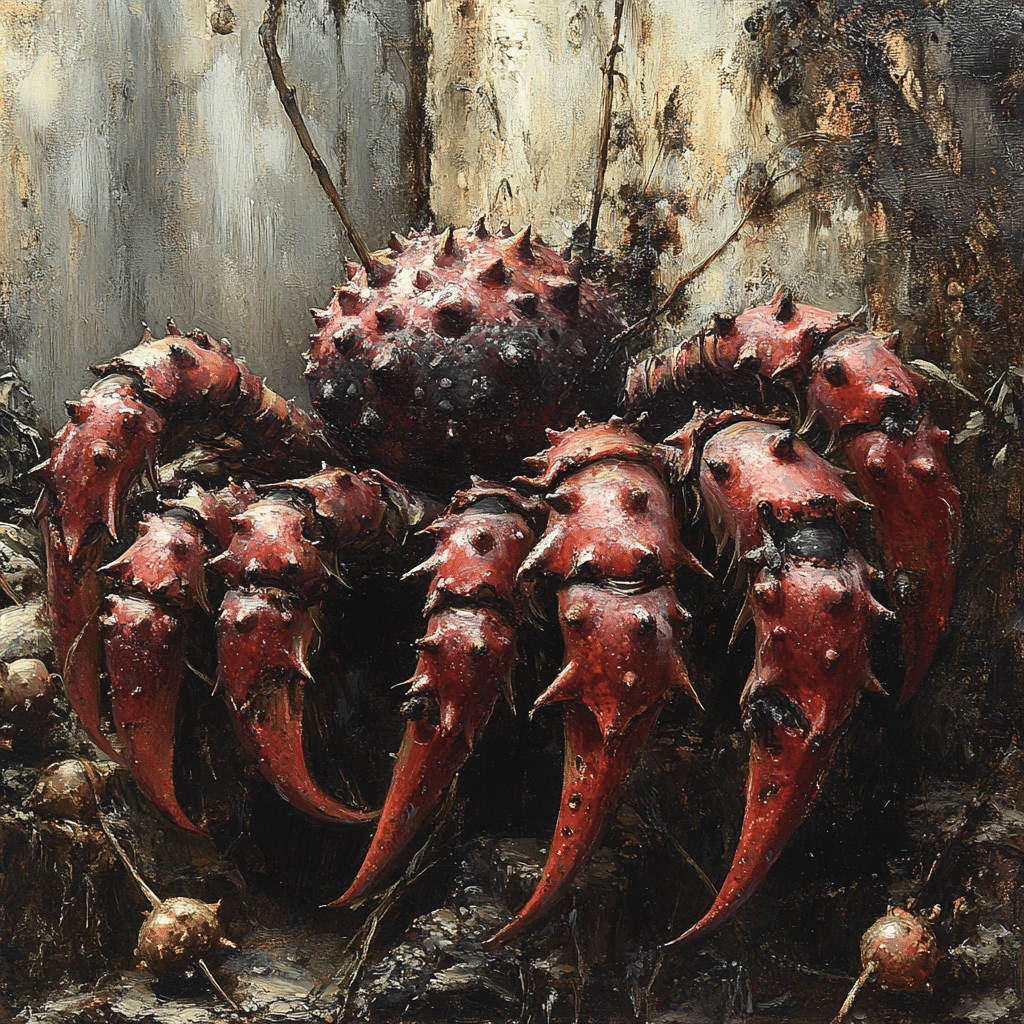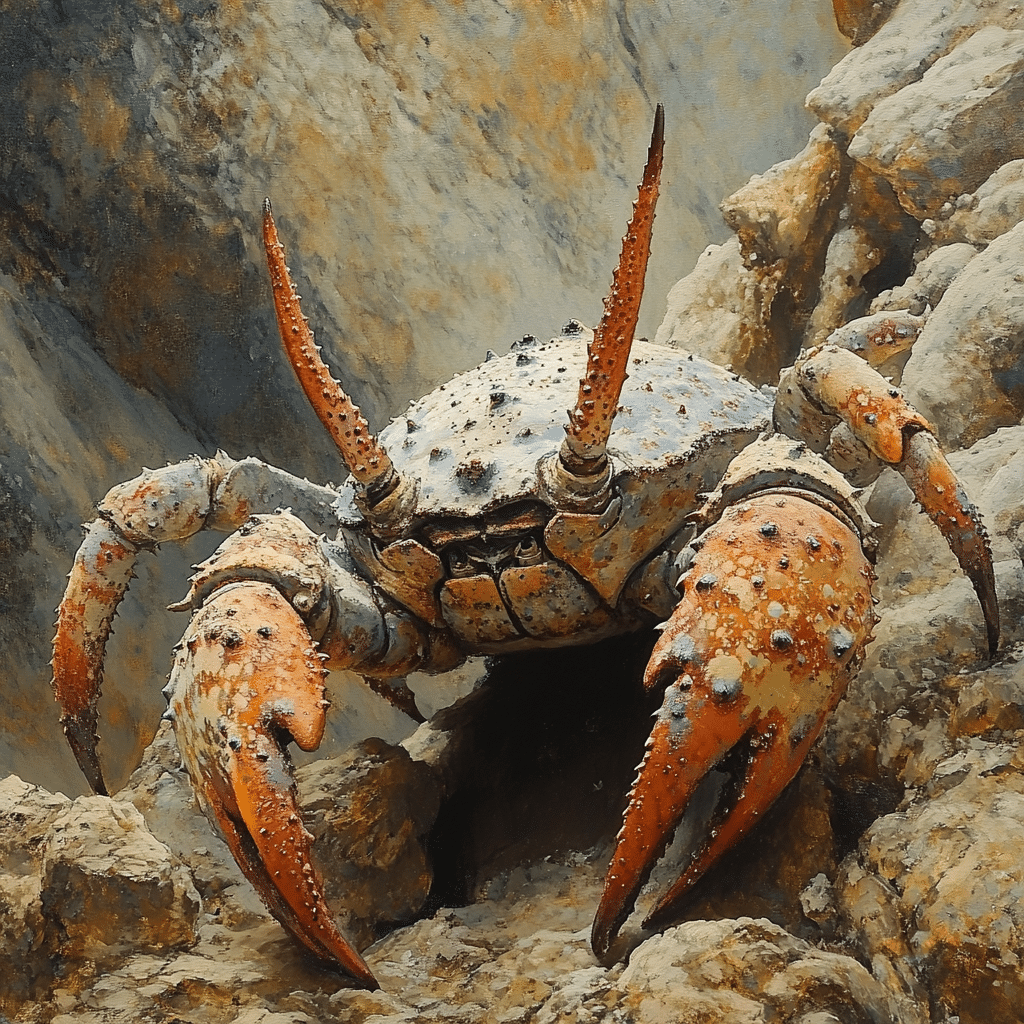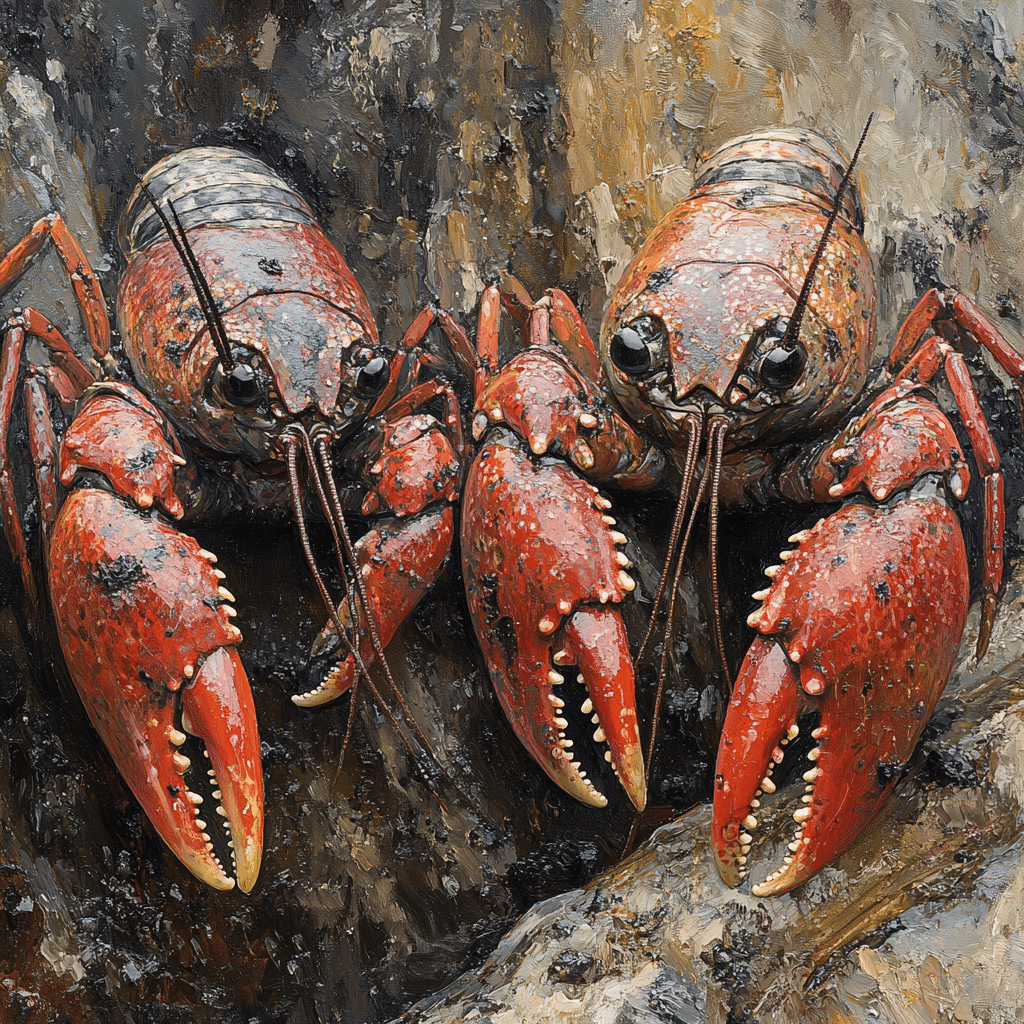1. Understanding Percebes: What Are These Ocean Treasures?
Percebes, known as gooseneck barnacles, are a fascinating seafood delicacy harvested from the tumultuous coastlines of the North Atlantic. Found primarily along the rocky shores of Galicia in Spain and Portugal’s Algarve region, percebes have an unmistakable appearance: a long, stalk-like neck that emerges from a hard shell, giving them a quirky and almost prehistoric look. Don’t let their unusual looks discourage you; these barnacles deliver a rich culinary experience that has seafood lovers clamoring for more.
Biologically speaking, percebes are linked to the crustacean family and are scientifically classified as Pollicipes pollicipes. They thrive in harsh environments, attached to rocks and wooden structures, including the hulls of sunken ships and driftwood. The conditions that contribute to their impressive flavor profile are their natural habitat—exposed rocky shores that are constantly battered by waves. Amidst these challenging elements, the percebes’ flavor develops into something truly special, often drawing comparisons to a mix of lobster and clams with a distinct briny finish.
The labor-intensive process of harvesting percebes contributes to their status as a gourmet delicacy. Fishermen, affectionately known as “percebeiros,” brave perilous rocky terrains and turbulent tides, risk their lives to collect these prized barnacles. This arduous task, combined with their limited availability and extraordinary taste, has propelled percebes to become one of the most sought-after seafood items, often fetching prices of up to £400 per pound.

2. Top 5 Reasons to Indulge in Percebes
When it comes to seafood, percebes aren’t just a trend; they are steeped in flavor, culture, and a rich history that makes them irresistible. Here are five compelling reasons to add percebes to your culinary bucket list:
3. The Art of Preparing Percebes: Culinary Techniques and Recipes
Preparing percebes may seem intimidating, but with the right techniques, you can savor their natural flavor and delightful texture. Here’s how seasoned chefs recommend cooking percebes, along with popular recipes to try:
Whether you’re enjoying them steamed, dipped in sauce, or part of a refined dish, percebes offer endless possibilities for flavor exploration.

4. Sustainable Practices in Percebes Harvesting
As demand for percebes surges, it is crucial to adopt sustainable harvesting practices to protect their populations. Here’s a look at how local communities and regulations work towards preserving these oceanic gems:
Maintaining a healthy environment for percebes is essential, not only for their survival but also for the culinary traditions that celebrate their existence.
5. The Global Influence of Percebes: From Tradition to Modern Cuisine
Percebes are no longer just a regional delicacy; they’re making a splash on menus around the globe. This evolution highlights their growing influence in diverse culinary traditions:
Percebes now embody a culinary journey that transcends their origins, captivating diners worldwide with their savory allure.
6. The Future of Percebes: Trends and Innovations
As culinary landscapes continue to develop, the future of percebes is equally promising. Here’s what we can anticipate for these ocean treasures:
With a deep-rooted heritage and an optimistic outlook, percebes exemplify the extraordinary culinary treasures the ocean reveals. From their local origins in Spanish and Portuguese cuisine to their ascent in global gastronomy, these barnacles are poised to capture the taste buds and imaginations of food lovers everywhere.
For those ready to explore, indulging in percebes is more than a meal—it’s an experience that connects you to the ocean and the brave souls who harvest these exquisite delicacies. Dive in and savor the flavor!
Percebes: The Exquisite Delicacy of Ocean Treasures
A Taste of History
Did you know that percebes, often dubbed “barnacle” in English, have been enjoyed for centuries? These meaty morsels cling to rocks along the Atlantic coasts, mainly in regions like Galicia, Spain. Locals even have a folk saying: “The best percebes are those pulled from the waves on a stormy day.” This reflects not only the taste but the thrill involved in gathering them, as it’s quite an adrenaline rush—a bit like anticipating the lineup for a big sports game, such as a thrilling match between Pendikspor vs Galatasaray.
Culinary Treasures
When it comes to savoring percebes, their preparation is refreshingly simple. Usually, they’re boiled in salty sea water to preserve their natural flavor. The meaty, briny taste instantly transports diners to the ocean. These treats are so sought after that they can fetch sky-high prices at markets! In fact, it’s often said that enjoying percebes is like indulging in a luxurious dining experience that rivals some gourmet options, like discovering a remarkable new recipe in a mi Lista para Ver.
Fun Facts About Percebes
Percebes are truly fascinating! They grow in the most rugged and wild ocean environments, often requiring brave harvesters to scale dangerous cliffs to collect them. This daring endeavor earns them the title of “ocean’s gold.” Remarkably, some people think offering percebes at dinner is as impressive as sharing amusing anecdotes, like the story behind a cougar mom encounter. Such tales often add extra spice to gatherings where percebes take center stage. So, the next time you enjoy these delightful sea critters, remember the adventure it takes to bring them to your plate!
In addition to their culinary allure, there’s an ongoing debate on the sustainability of harvesting percebes, making them a hot topic in culinary circles—much like many discussions around local news, such as the latest headlines the Pembs news covers or even the excitement of Baltimore’s【holy Frijoles】. Dive into the world of percebes; you might just discover a passion you never knew you had!

Why are percebes so expensive?
Percebes are so expensive mainly because they’re incredibly challenging to harvest. They grow in hard-to-reach places on rocky shores, often requiring brave divers to chip them off under risky conditions. Because of this difficulty, the price can skyrocket, sometimes hitting up to £400 per pound.
What do percebes taste like?
The taste of percebes is often described as fresh and briny, reminiscent of the ocean. Many folks say it’s a delightful mix between the flavors of lobster and clam, making it a sought-after treat for seafood lovers.
What is percebes in English?
In English, percebes translates to barnacle, specifically referring to a small shellfish that clings to rocks and the bottoms of boats.
How do you eat percebes?
Eating percebes is pretty straightforward: you simply pinch the barnacle near the base and pull the meat out. Once you’ve removed the tough outer shell, you’re left with a tender piece that’s ready to enjoy.
What is the most expensive seafood in the world?
While percebes are not the most expensive seafood in the world, they are among the priciest, with options like the bluefin tuna and some varieties of caviar often topping the list.
Why are barnacles bad for boats?
Barnacles can be bad for boats because they attach to the hulls and can create drag, slowing the vessel down and making it less fuel-efficient. They can also lead to costly maintenance if not managed properly.
Where can you find percebes?
You can typically find percebes in groups on exposed rocky shores, especially along the coasts of Galicia in northern Spain and the Algarve in Portugal. They’re also sometimes found on wrecked ships and driftwood.
Is barnacle safe to eat?
Yes, barnacles like percebes are safe to eat as long as they’re properly harvested and cooked. They’re a delicacy in some cultures and enjoyed for their unique flavor.
Do they eat barnacles in Portugal?
Absolutely, people do eat barnacles in Portugal, where percebes are especially popular. They’re considered a culinary specialty, often featured in local restaurants.
What country eats barnacles?
Countries like Spain and Portugal are well-known for eating barnacles, particularly percebes, as these places have a strong seafood culture and a tradition of enjoying this delicacy.
Are goose barnacles alive?
Goose barnacles are indeed alive when harvested. They’re collected fresh, ensuring that they retain their flavor and texture before being prepared for eating.
How do you prepare percebes?
Preparation of percebes is quite simple. They are usually boiled for a short time to enhance their natural flavors. Just be careful not to overcook them, as that can affect their texture.
Are percebes expensive?
Yes, percebes are definitely expensive due to their harvesting challenges and popularity as a gourmet food choice. Their price reflects their status in the culinary world.
How long does it take to cook percebes?
It only takes about 5 to 10 minutes to cook percebes. They should be boiled briefly until they’re warmed through, allowing the flavor to shine without getting tough.
What are Spanish percebes?
Spanish percebes refer specifically to the kind harvested in Spain, especially known for their taste and quality. These goose barnacles are a cherished part of Spanish cuisine, particularly in coastal regions.



